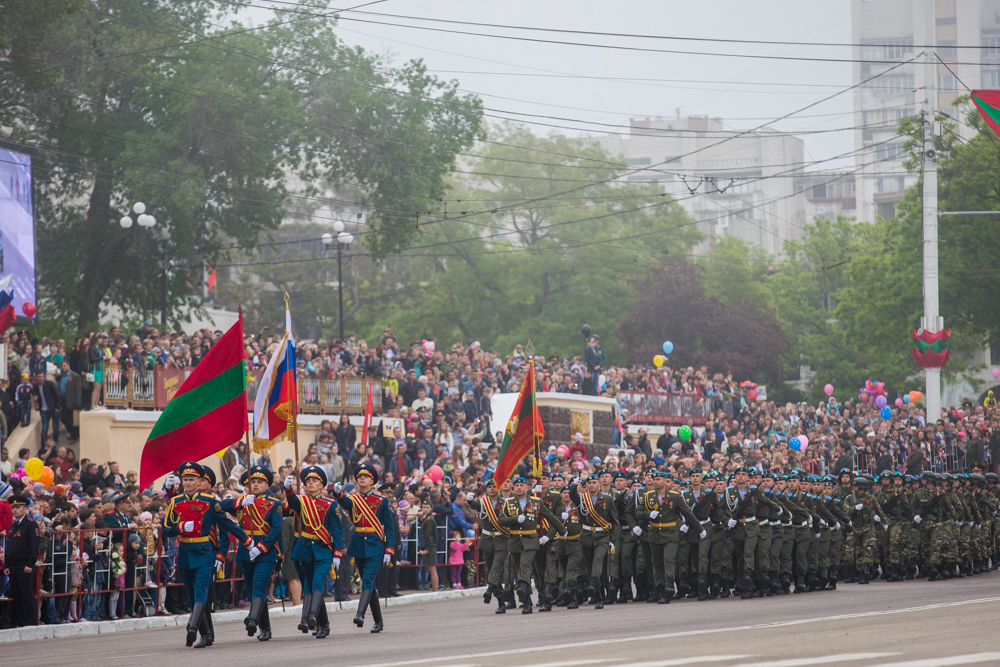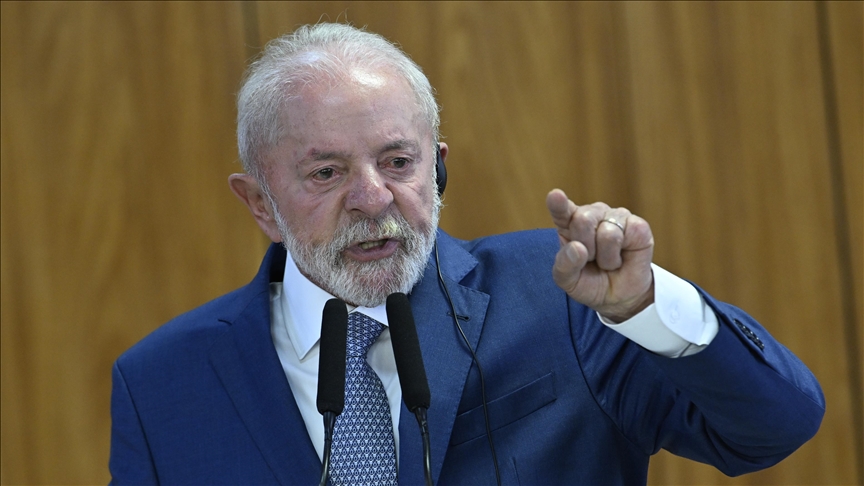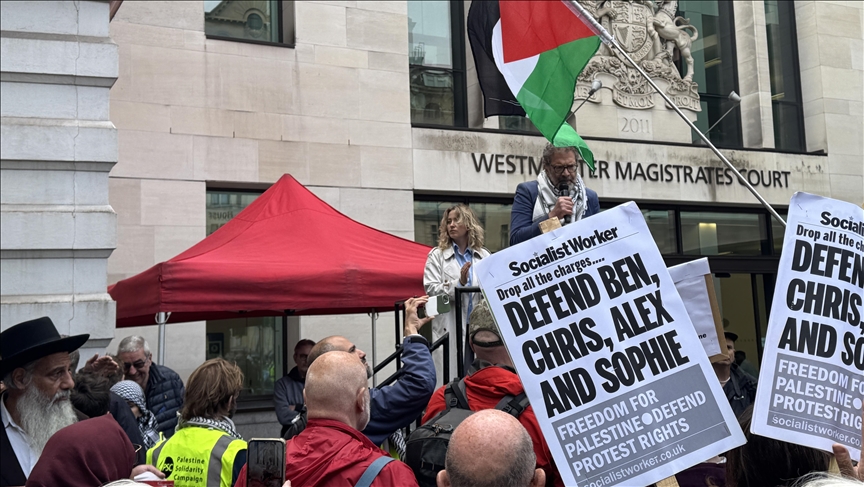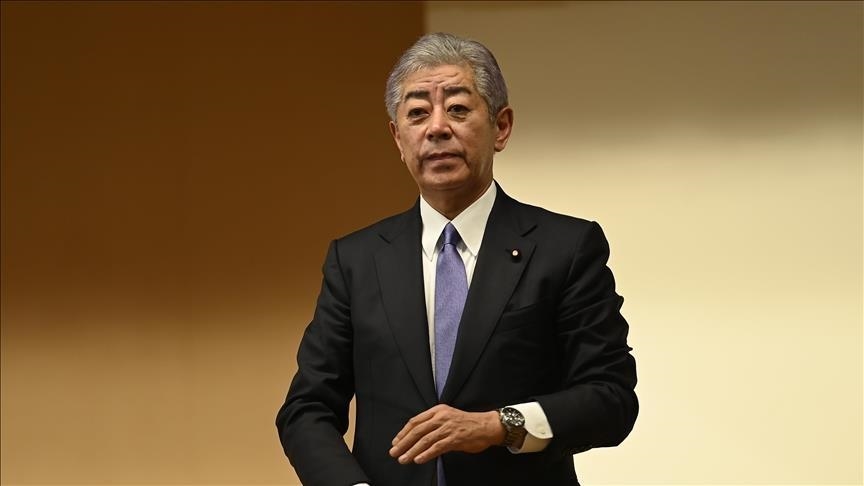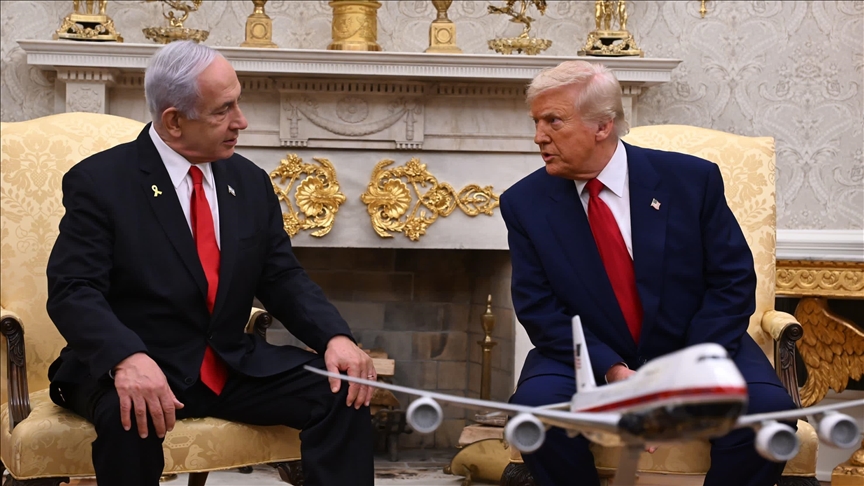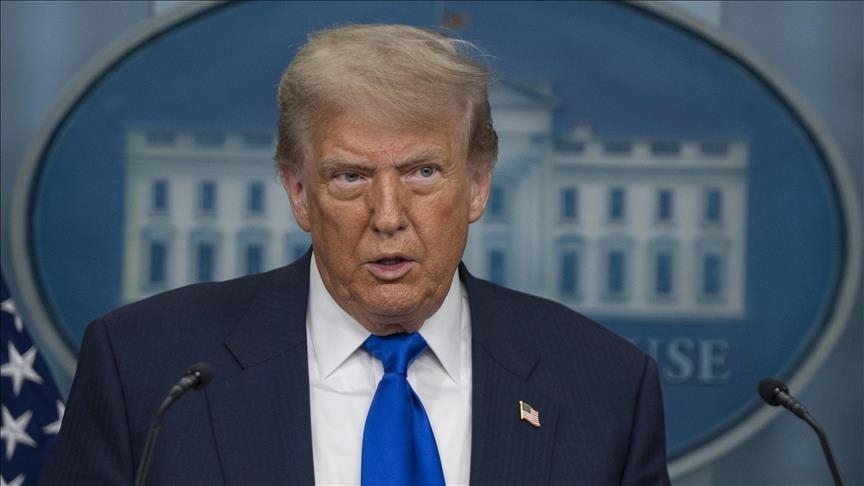In a significant turn of events, Moldova's Transnistrian Congress is set to deliberate on the possibility of reunification with Russia on February 28. Speculation surrounds the potential geopolitical implications of such a move, raising questions about Russia's strategic objectives and the broader impact on the region.
On the eve of this crucial discussion, Russian President Vladimir Putin is scheduled to address the Russian parliament on February 29. The timing has sparked intense debates and inquiries into the likelihood of Transnistria's integration into the Russian Federation and its potential repercussions.
Moscow-based American pundit Andrew Korybko shared insights on the matter during an interview with Ednews.
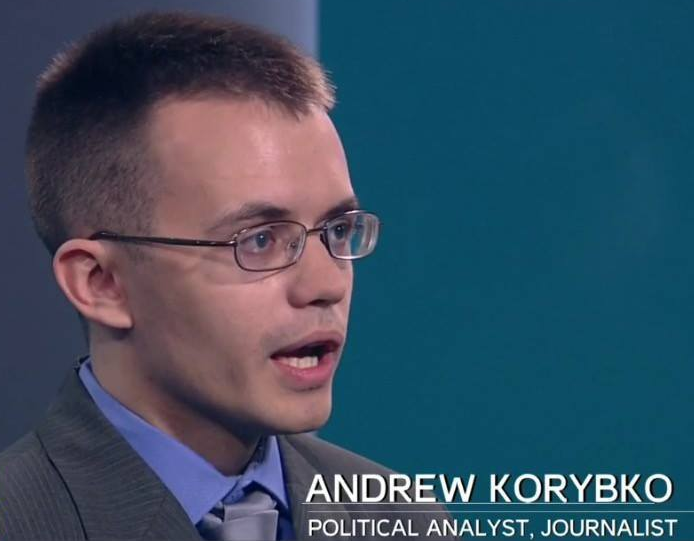
Korybko emphasized the challenging circumstances faced by Transnistria, citing economic and military security concerns since 2022. The region has maintained its de facto independence, largely relying on Russian peacekeepers deployed in the 1990s as per international agreements. However, recent pressures have mounted as Moldova expresses the desire for the withdrawal of these peacekeepers, while Ukraine sees an opportunity to align with Chisinau to score symbolic victories against Russia.
Korybko highlighted that the local leadership in Transnistria is contemplating a request to join Russia, possibly through another referendum. The motivation behind such a move is seen as a quest for concrete economic and security guarantees to navigate the challenging geopolitical environment.
Nevertheless, Korybko urged caution, emphasizing that Russia might hesitate to accept Transnistria's request, especially if the region becomes vulnerable to a NATO-backed Moldovan and/or Ukrainian invasion. The pundit outlined potential challenges, including the risk of Russian troops being surrounded in the absence of direct defense capabilities.
The scenario presented raises concerns about the possible consequences for Russia's soft power if Transnistria, once incorporated, faces military challenges and potential invasion. Korybko suggested that the Kremlin might exercise caution, requiring a credible defense policy and political readiness for brinksmanship.
As the geopolitical landscape unfolds, the complexity of defending Transnistria and the potential for a broader crisis raise questions about Russia's strategic intentions. Korybko argued that while anything is possible, the likelihood of Russia incorporating Transnistria by the end of next week appears to be very low, considering the intricate challenges and the absence of clear indications of a large-scale military operation.
Observers and analysts remain vigilant, awaiting developments and assessing the potential ramifications of this critical juncture in the geopolitics of Eastern Europe.
Akbar Novruz

